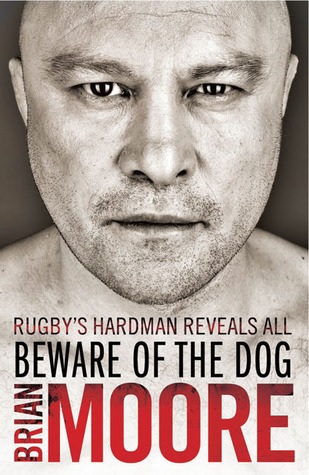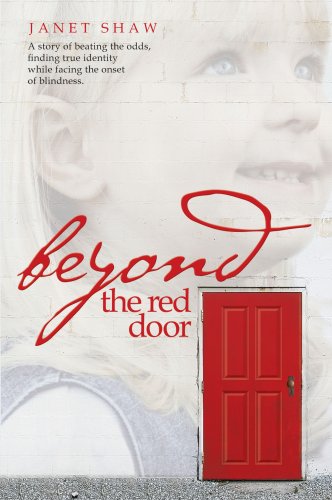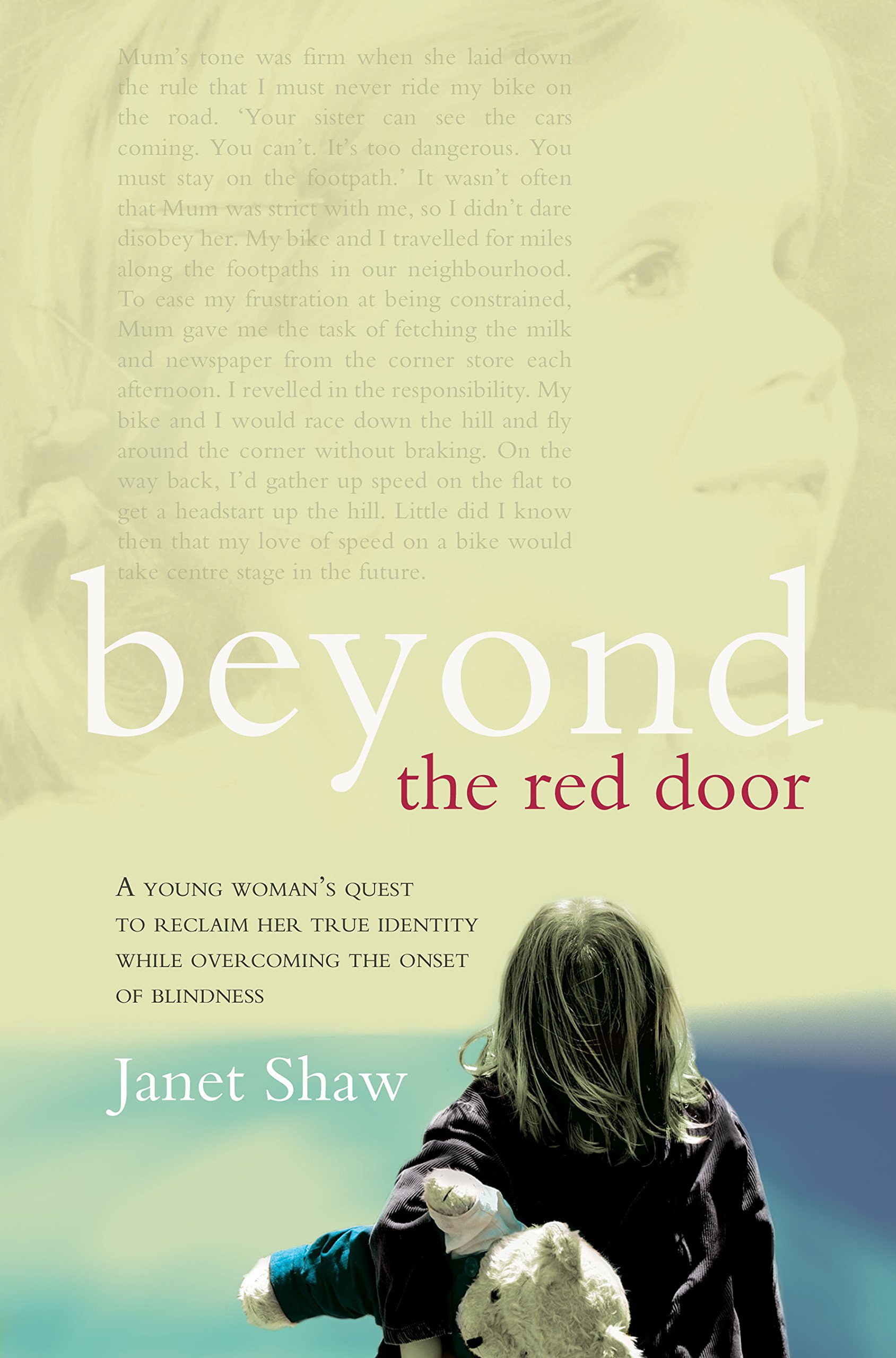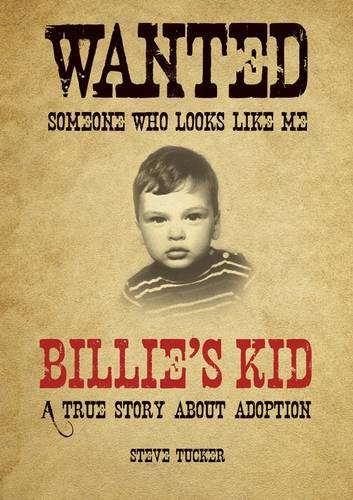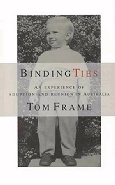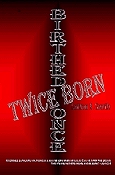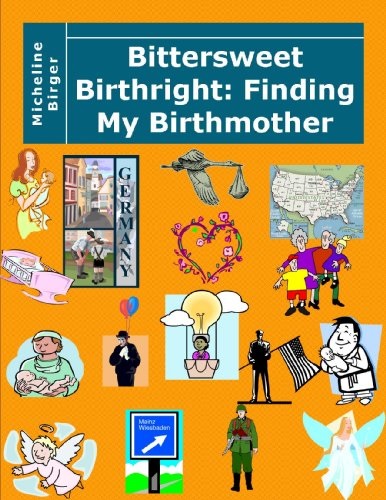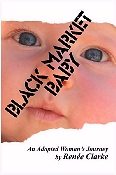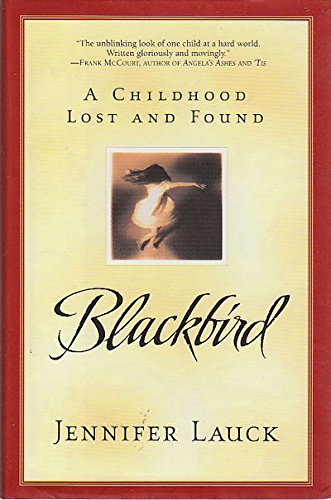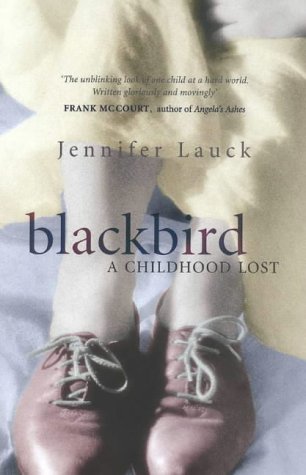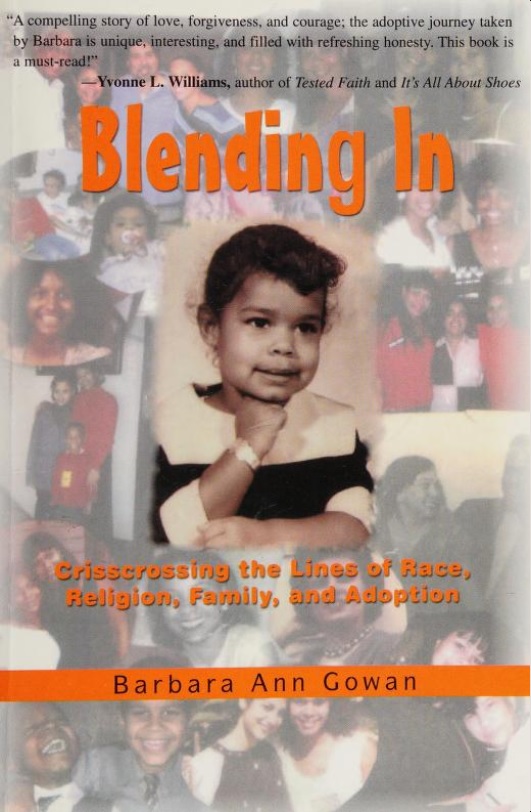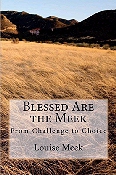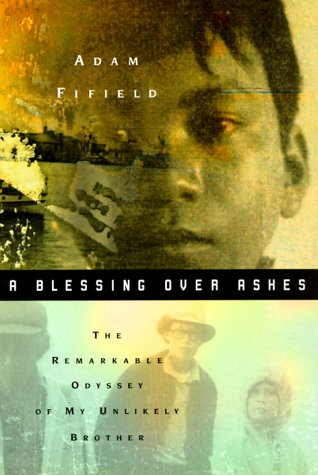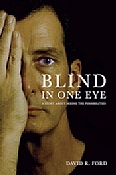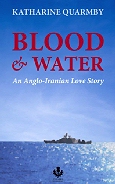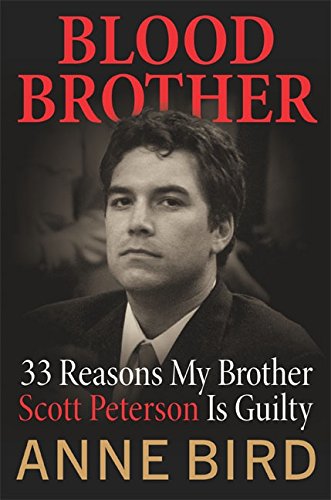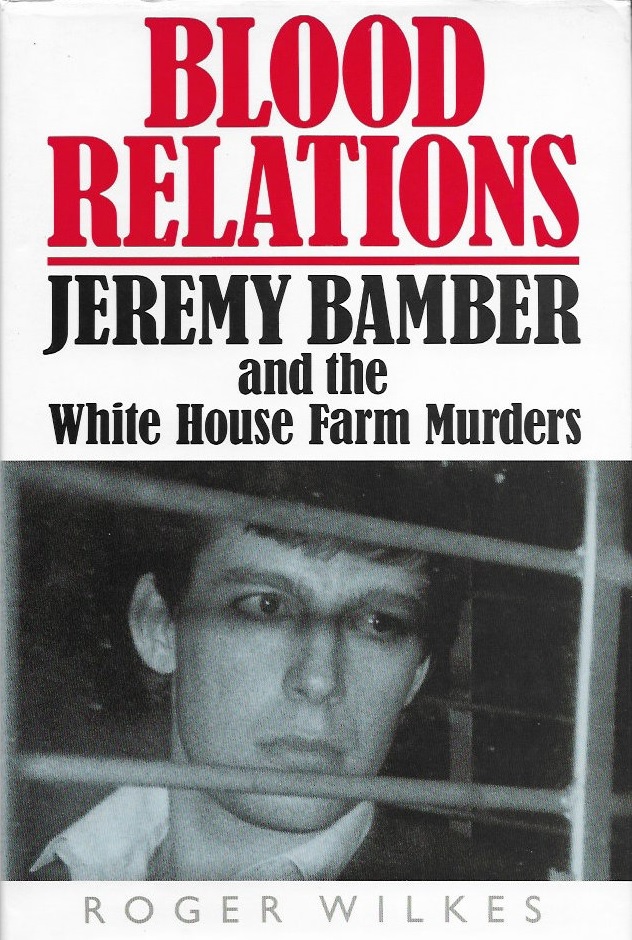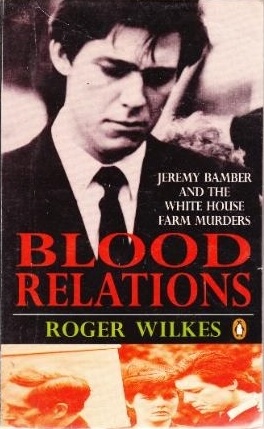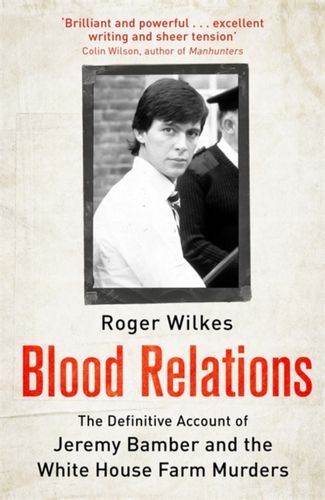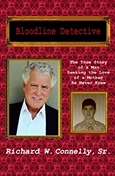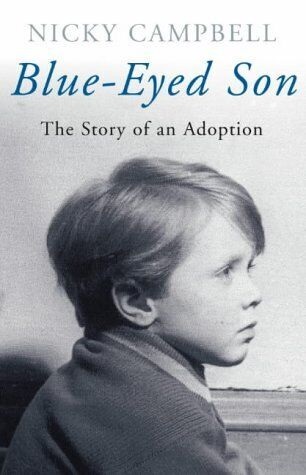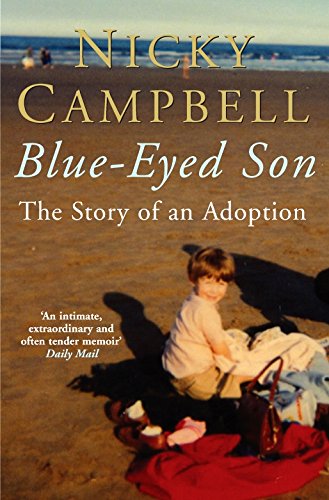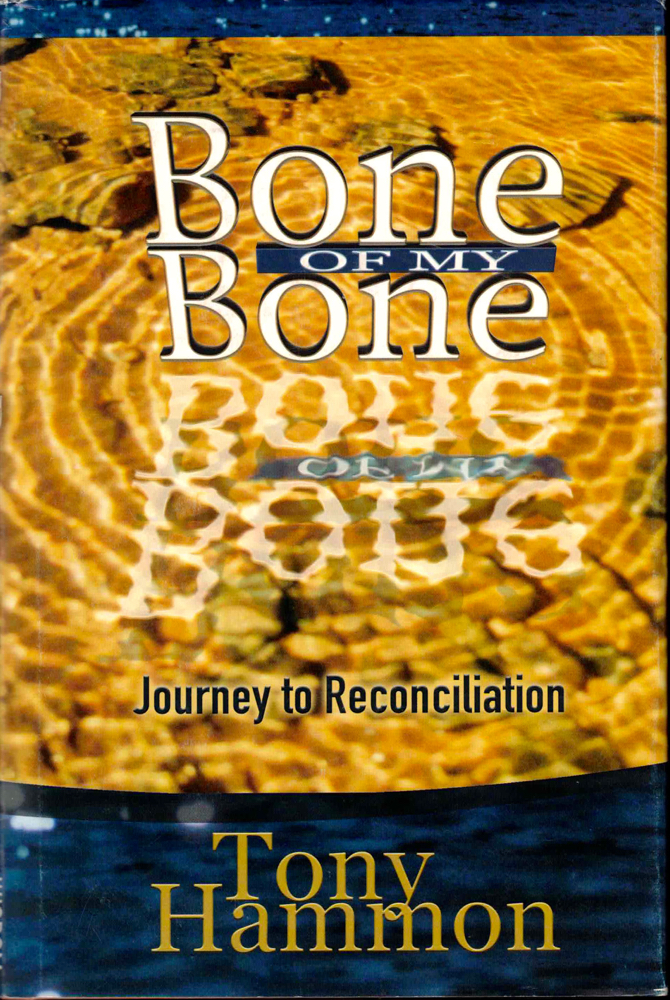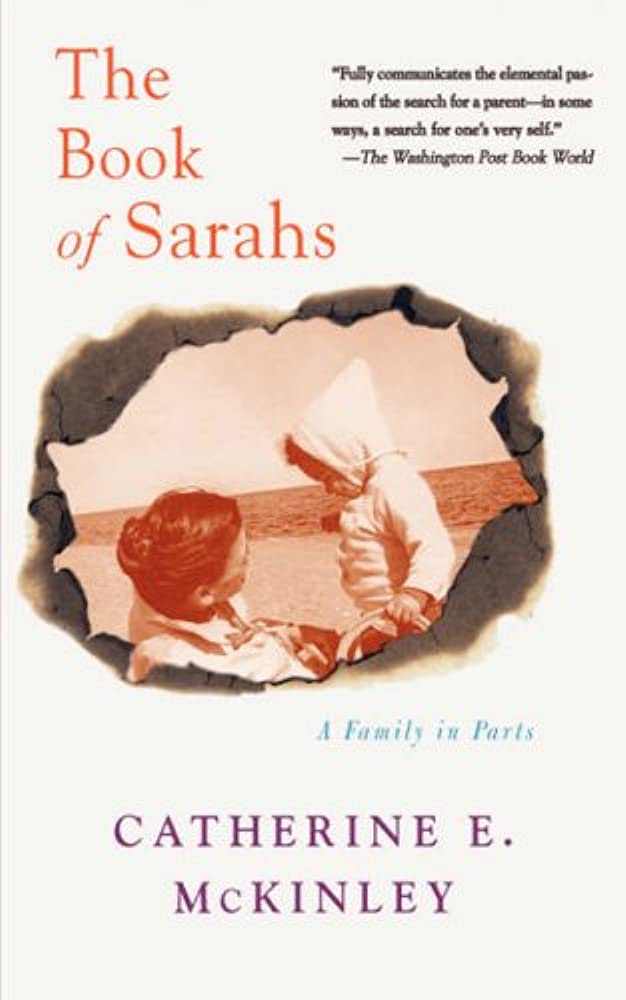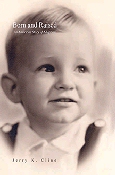From the Publisher:
It is only three months following the assassination of Martin Luther King, Jr., and the nation is burning. Black and White America are locked in the tense grip of massive change. Into this inferno steps an unsuspecting young White couple. Neither significantly knew even a single African American person while growing up. Now, a child will change all of that forever. In this fateful moment, a Black baby becomes perhaps the first in the history of New Mexico to be adopted by a White family. Here is a brazenly honest glimpse into the mind and heart of that child, a true story for the ages.
Jaiya John has opened the floodgates on his own childhood. Black Baby White Hands, a waterfall of jazz splashing over the rocks of pain, love and the honoring of family. Magically, this book finds a way to sing as it cries, and to exude compassion even as it dispels well-entrenched myths. This classic is sure to find itself well worn, stained by tears, and brushed by laughter in the lap of parents, adolescents, educators, students and professionals. Here comes the rain and the sunshine, all at once.
About the Author:
Jaiya John
is the founder and Executive Director of Soul Water Rising, an educational mission devoted to improving human relations, eradicating prejudice, and fostering spiritual growth. For over a decade he has traveled the nation as a professional speaker, poet, author and youth mentor. Jaiya’s passionate, poetic presentations combine spiritual and social science insights. This work is truly his mission, ministry and life. He has appeared on CNN, B.E.T., Fox Television and National Public Radio. Jaiya also spent four years as a professor of social psychology at Howard University in Washington, D.C.
Jaiya was born in Albuquerque, NM. Immediately placed in foster care and eventually adopted, Jaiya lived as an African American in a predominately Caucasian American environment. This childhood branded in him a burning passion for giving his life to improve the way human beings relate to each other. Jaiya studied psychology at Lewis & Clark College in Portland, OR, and earned his doctorate from the University of California, Santa Cruz in social psychology. He lived and studied during 1988 in the nation of Nepal, where his research on Tibetan medicine instilled within him an appreciation for holistic concepts of physical, emotional and spiritual health. Being of not only African but Seminole, Blackfoot and Cherokee descent; and having grown up in the midst of the Southwest’s American Indian and Latino communities, Jaiya has an appreciation for the spiritual and communal passions that spring from these worlds. This spirit he ingrains in his own beliefs and messages about our social world. Jaiya believes that in every moment of life, each of us is a teacher and a student. He is faithful to his purpose: fostering relations among humankind living in a world where we have learned to let the differences in our divine nature divide us.
By the Same Author:
Beautiful (2008), Legendary (2008) and Reflection Pond (2007).
